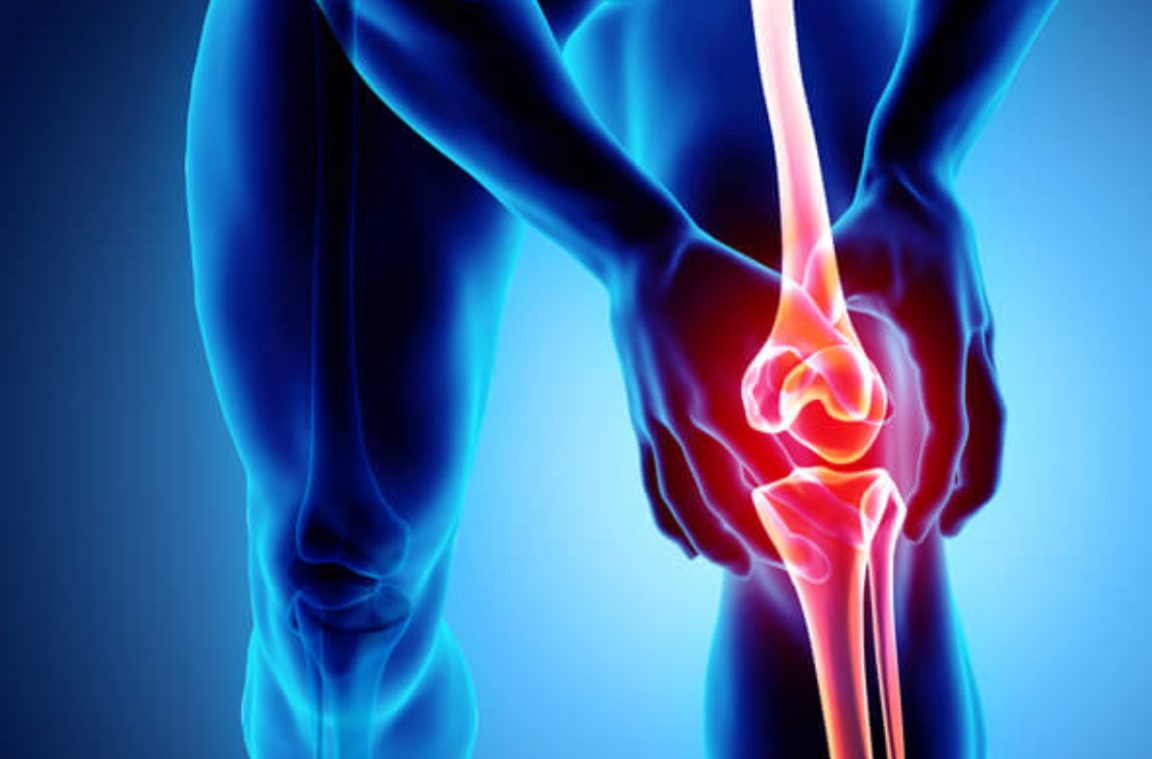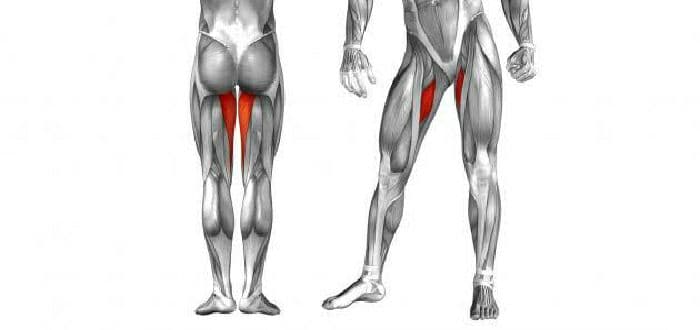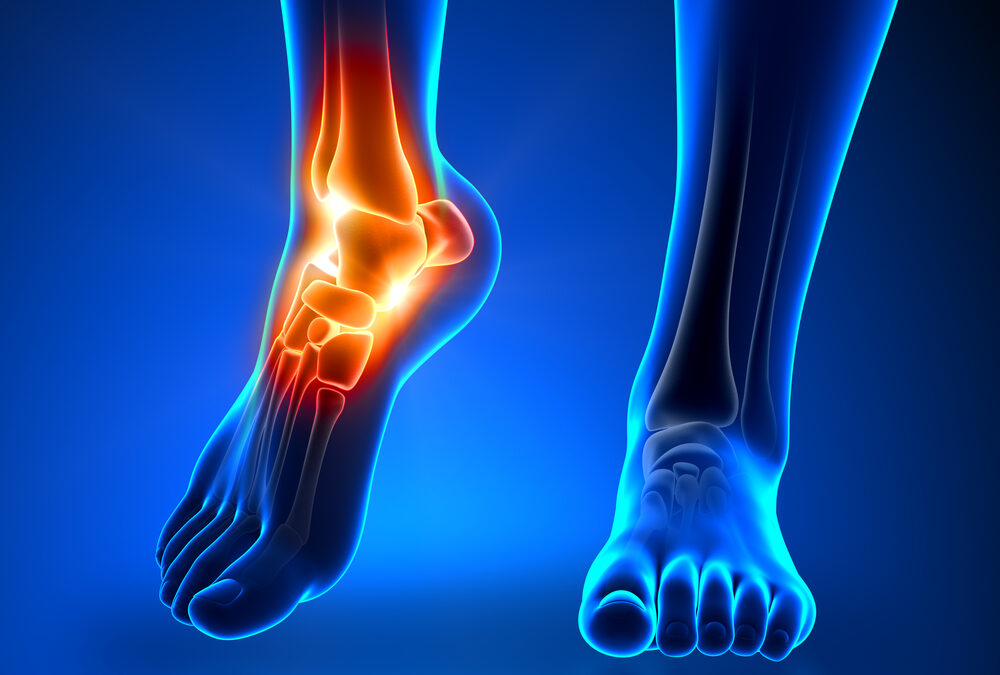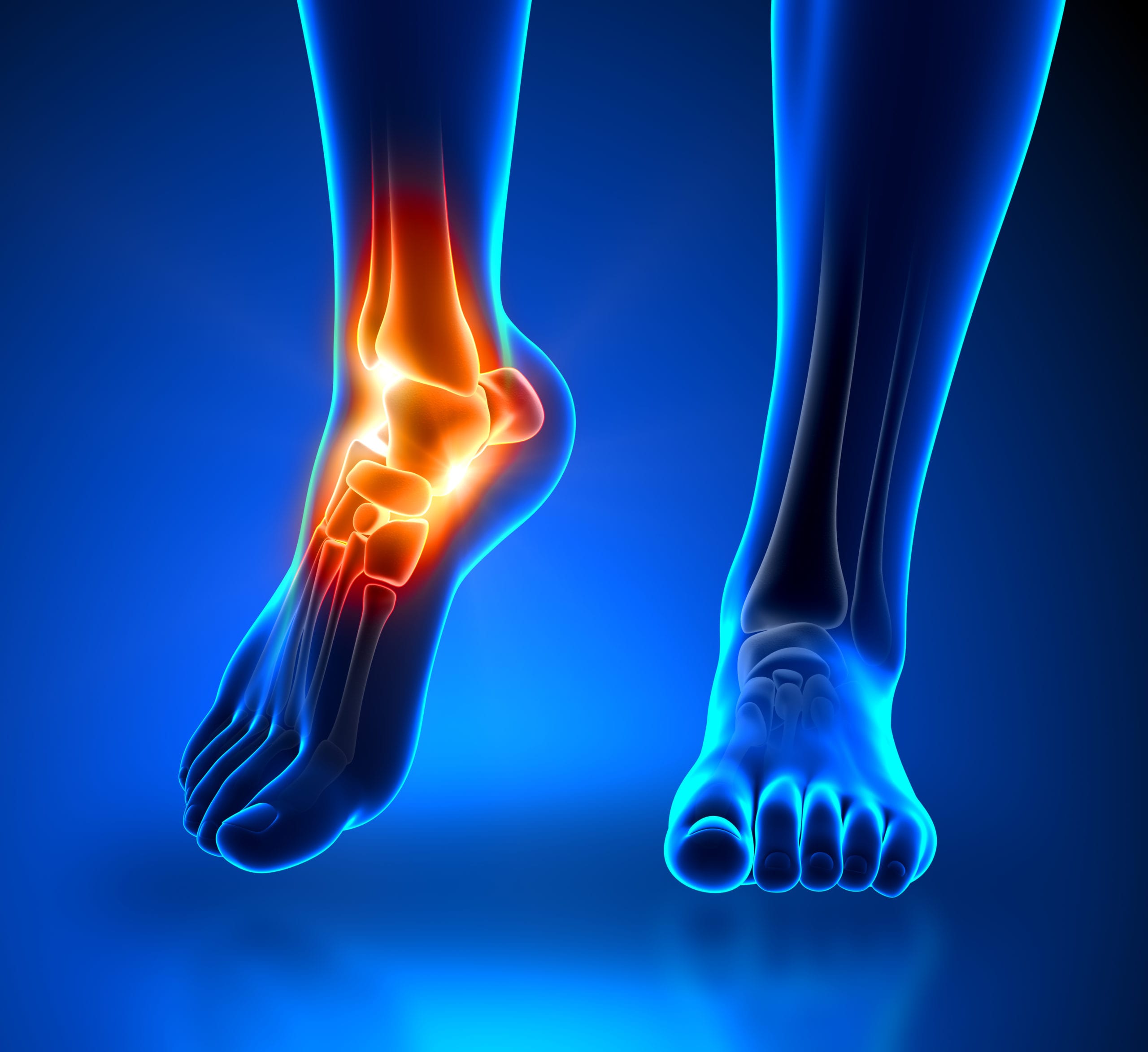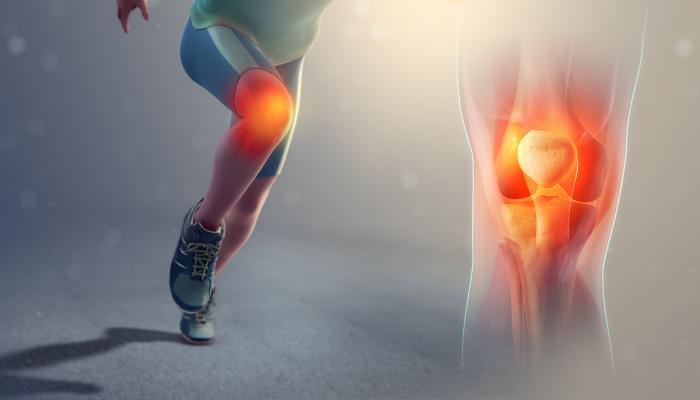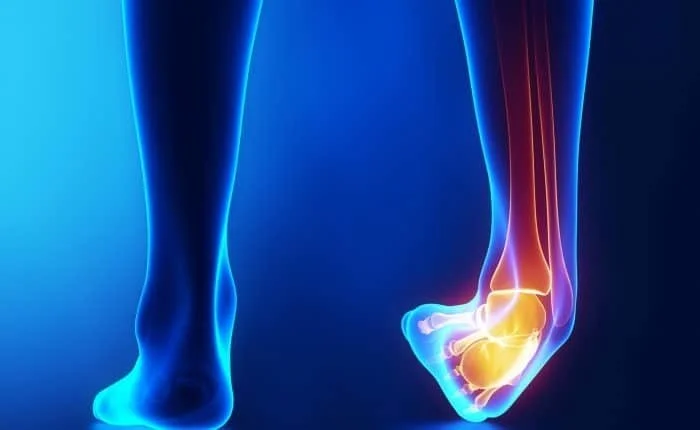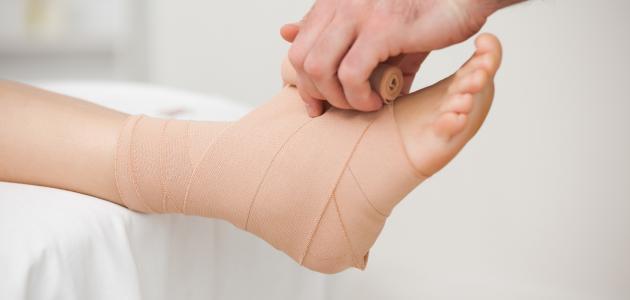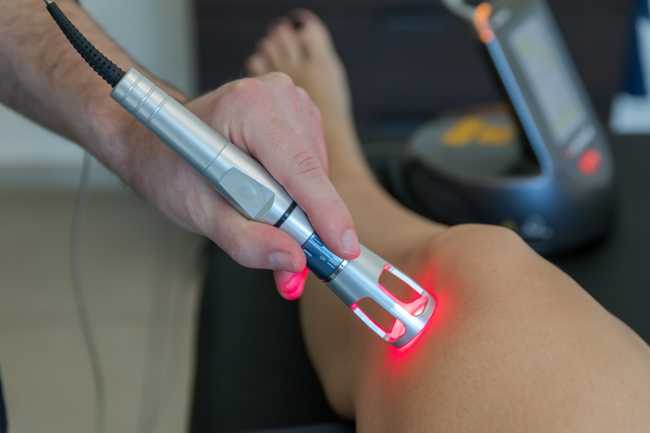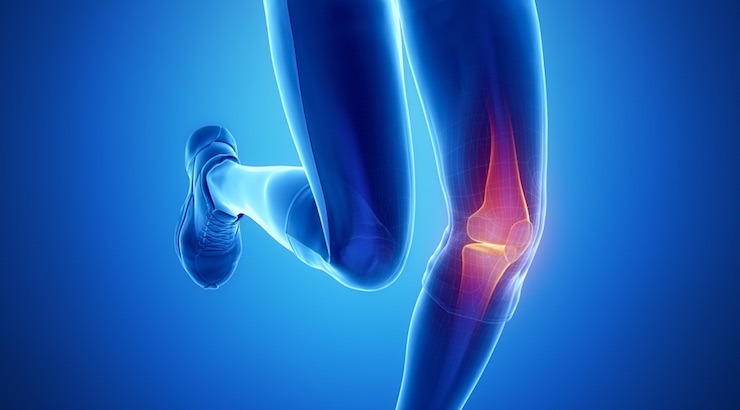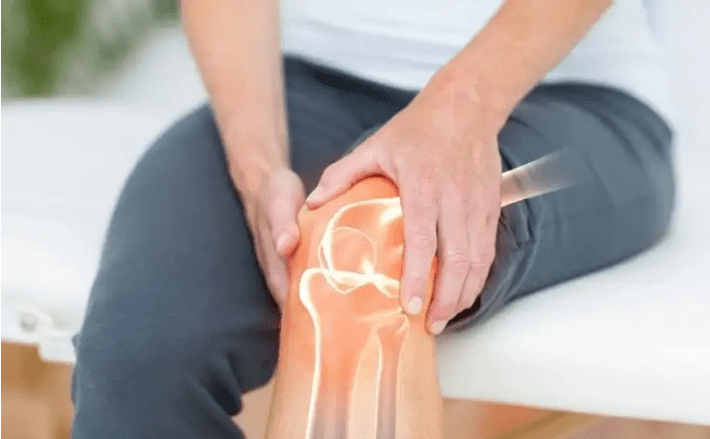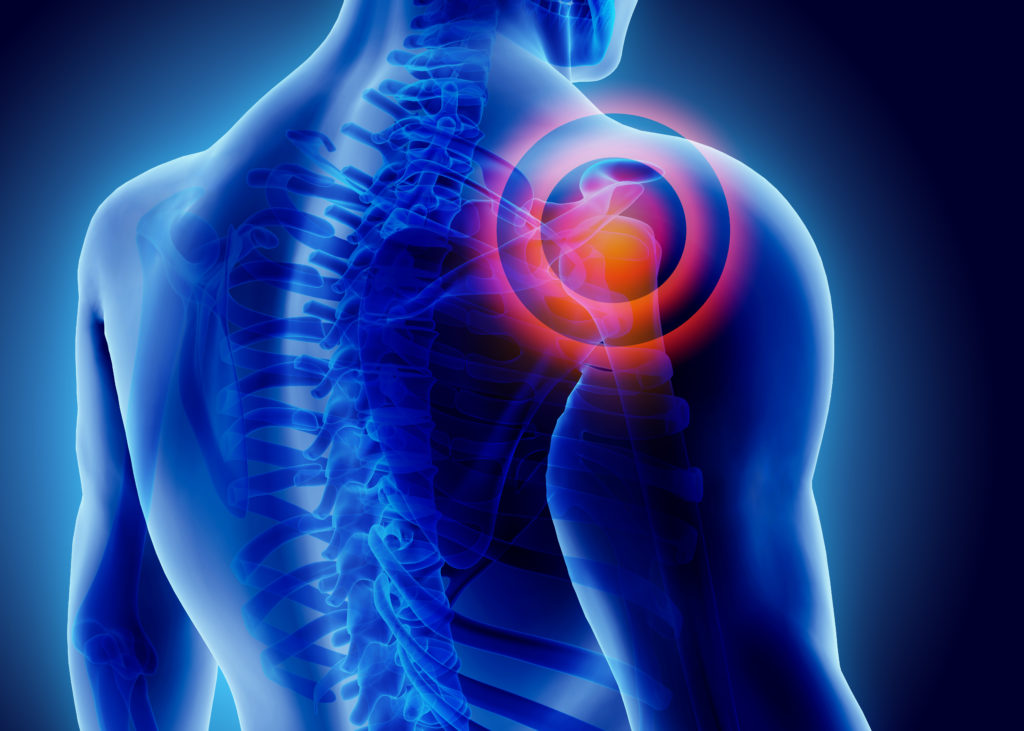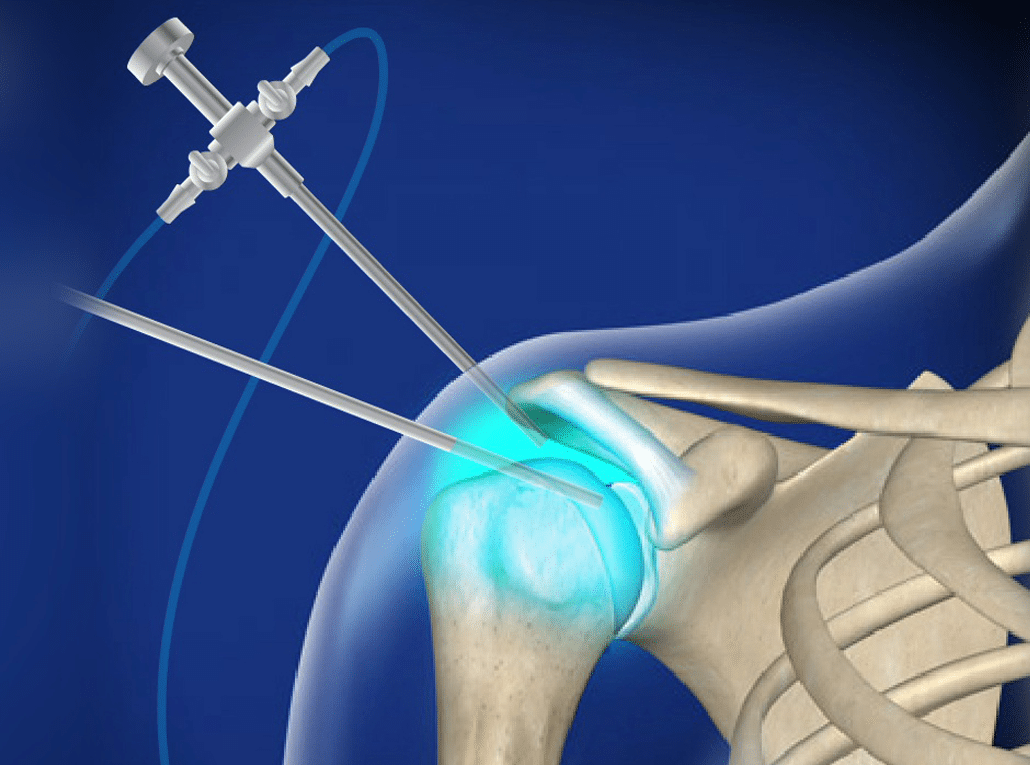Damages that can be Done by Calcium and Vitamin D Pills
When suffering from a calcium deficiency and starting to compensate for it through nutritional supplements or injections, the individual must be careful to adhere to the doses prescribed by the doctor well, because an overdose may cause many problems. Follow the following article with us to learn more about this topic.
Damage Done by Taking Calcium and Vitamin D pills
Although compensating for the deficiency in calcium and vitamin D is absolutely necessary in order to maintain the health of the individual, there are some side effects that appear when the individual takes excessive doses of calcium and vitamin D pills, such as:
- Suffering from stomach disorders.
- Constipation.
- Feeling sick.
- The appearance of kidney stones.
- Calcium deposition in tissues.
Great care must be taken, especially when calcium and vitamin D tablets are taken in cases of pregnancy and lactation, an increase in the level of calcium in the blood, or malabsorption syndrome, as it is better to consult a doctor before taking these supplements due to the presence of some medications that are preferable to avoid these supplements. when ingested, such as:
- Digoxin;
- Quinolone antibiotics.
- Levothyroxine.
- Tetracycline;
- Cholestyramine;
- Colestipol.
Side effects of calcium injections for adults
Despite the effectiveness of calcium injections in compensating for its deficiency in a faster manner than nutritional supplements, there are some harms that may result from it, such as:
- These injections contain very large doses of vitamin D, which causes vitamin D poisoning because it is one of the vitamins that is deposited in the body and is not easy to get rid of at all.
- These injections lead to high levels of calcium in the blood, which causes it to be deposited in the kidneys, and this results in the appearance of stones or kidney failure.
- The permissible daily dose of vitamin D is about 400 international units, and calcium injections contain 200,000 international units, which causes severe damage.
Does lack of calcium cause tremors?
Suffering from a lack of calcium in the body affects the human body greatly and is also associated with many symptoms, and the severity of these symptoms is different according to the extent of the deficiency that the individual suffers from in calcium, where one of the symptoms that indicates an acute deficiency in the percentage of calcium is the tremor of the hands suffering from stiffness, muscle contraction, or general spasms in the body.
But if the deficiency that the individual suffers from in calcium is moderate, then one of the symptoms that appear on the body is a feeling of numbness around the mouth, in addition to numbness of the tips of the hands and feet and the occurrence of involuntary contractions, the necessary analyzes must be carried out and nutritional supplements that help compensate for this deficiency must be taken to avoid serious complications in the event of neglect.
Dosage of calcium for adults
The recommended dose for adults of calcium is 2500 mg on a daily basis for adults from 19 to 50 years old, and for those over the age of 51, their dose of calcium is 2000 mg on a daily basis, and this is in order to get rid of the symptoms that afflict the individual as a result of calcium deficiency in their bodies, which includes the following:
- The feeling of numbness and tingling, especially in the lips, tongue, fingers, and feet.
- Suffering from muscle pain.
- The presence of spasms in the muscles of the throat leads to difficulty in breathing.
- Muscle stiffness and spasms.
- Sudden seizures.
- Note the irregular heartbeat.
Types of calcium
There are many types of calcium compounds that are involved in making supplements that compensate for the lack of calcium in the individual’s body, and each compound contains a varied amount of calcium that is referred to as basic calcium, and the types of calcium supplements available are:
- Calcium carbonate (40% of elemental calcium)
- Calcium citrate (21% of elemental calcium)
- Calcium gluconate (9% of elemental calcium)
- Calcium lactate (13% of elemental calcium)
The two main components of the supplements are carbonate and citrate, and calcium carbonate is often the best choice because it is cheaper, in addition to the presence of some other substances in the supplements such as gluconate and lactate, and calcium supplements are combined with other types of vitamins and minerals where calcium supplements may also contain vitamin D Or magnesium, and it is necessary for the individual to check the components of the food supplement before taking it in order to make sure that they do not suffer from any health problem with these components.

